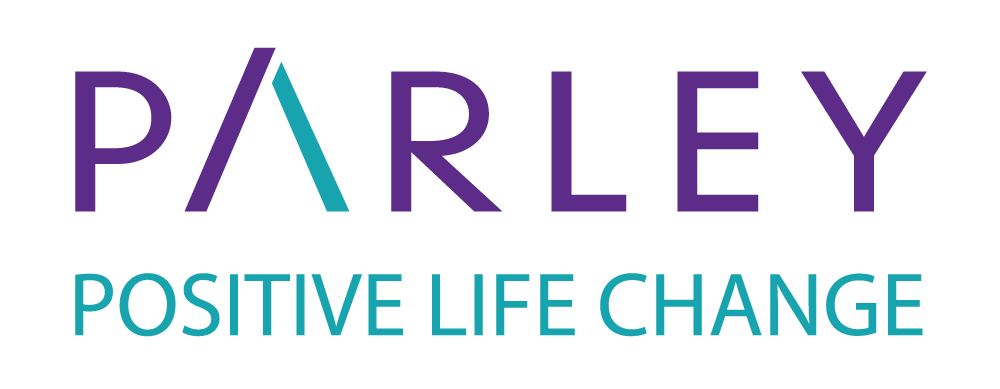Over the last forty years the systematic pathologizing and medicating of individuals, has mushroomed, based on what we now know is false science and consumer manipulation. The website Mad in America collects the scientific evidence of this in North America.
Tragically even children and the elderly are now regularly drugged. In the USA one in every five boys is medicated for ADHD. There was a time when support for families whose children had a behaviour problem was family therapy and parenting support. Episodes of psychosis in adolescence were previously treated with counselling and often resolved. Now everyone gets a diagnosis and drugs.
The number of diagnoses has grown from 106 fifty years ago to over 300 now. Psychiatrists in Canada rarely spend more than 10 minutes with a patient before they prescribe. Typical stressful life events and difficult behaviours are routinely pathologized. Worse is that pathologizing now brings with it strong medications and a life sentence.
People are never informed that a diagnosis or psychological assessment of every kind, is only a baseline – a description of functioning at that point in time – not a vision for the future. There seems to be a belief in our health system that it is best not to get anyone’s hopes up. Disabilities related to brain function and behaviour are routinely treated by lowering expectations for the person with the challenges and removing hope and optimism.
Assessments should provide a means to accommodate and facilitate a focus on supporting growth rather than limiting it, or chemically suppressing behaviour.
“They told me not to hope for improvement or expect any change.” It’s what we hear from many despairing and burnt-out parents after seeing our Functional Analysis and strengths-based recommendations for change. When personal growth is disregarded in any human, we invariably see increasing mental health and behavioural problems.
Young people are coming out of our education system with no diploma even though their intelligence is intact. When they are assessed, labeled and medicated the obligation to ensure that they are educated is apparently removed. Even when they do complete the diploma often thanks to parent advocacy, young people with a diagnosis are routinely victimized by bullying in secondary school.
So our question remains: Why does a diagnosis often come with being labeled, disabled and stigmatized away from leading an accommodating and socially integrated life?
And the answer may be that our systems have bet on the wrong horse – a non-existent magic pill.

